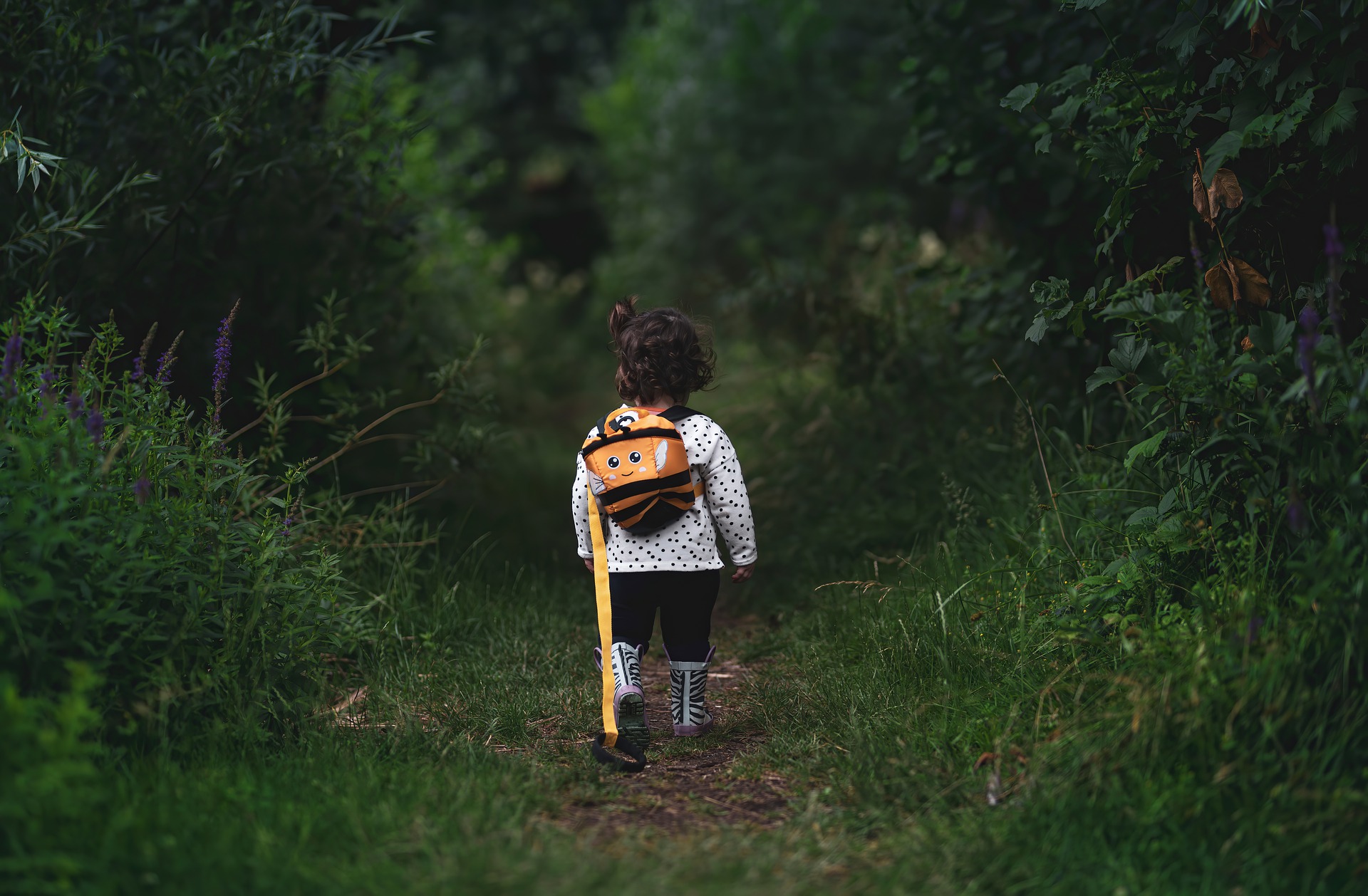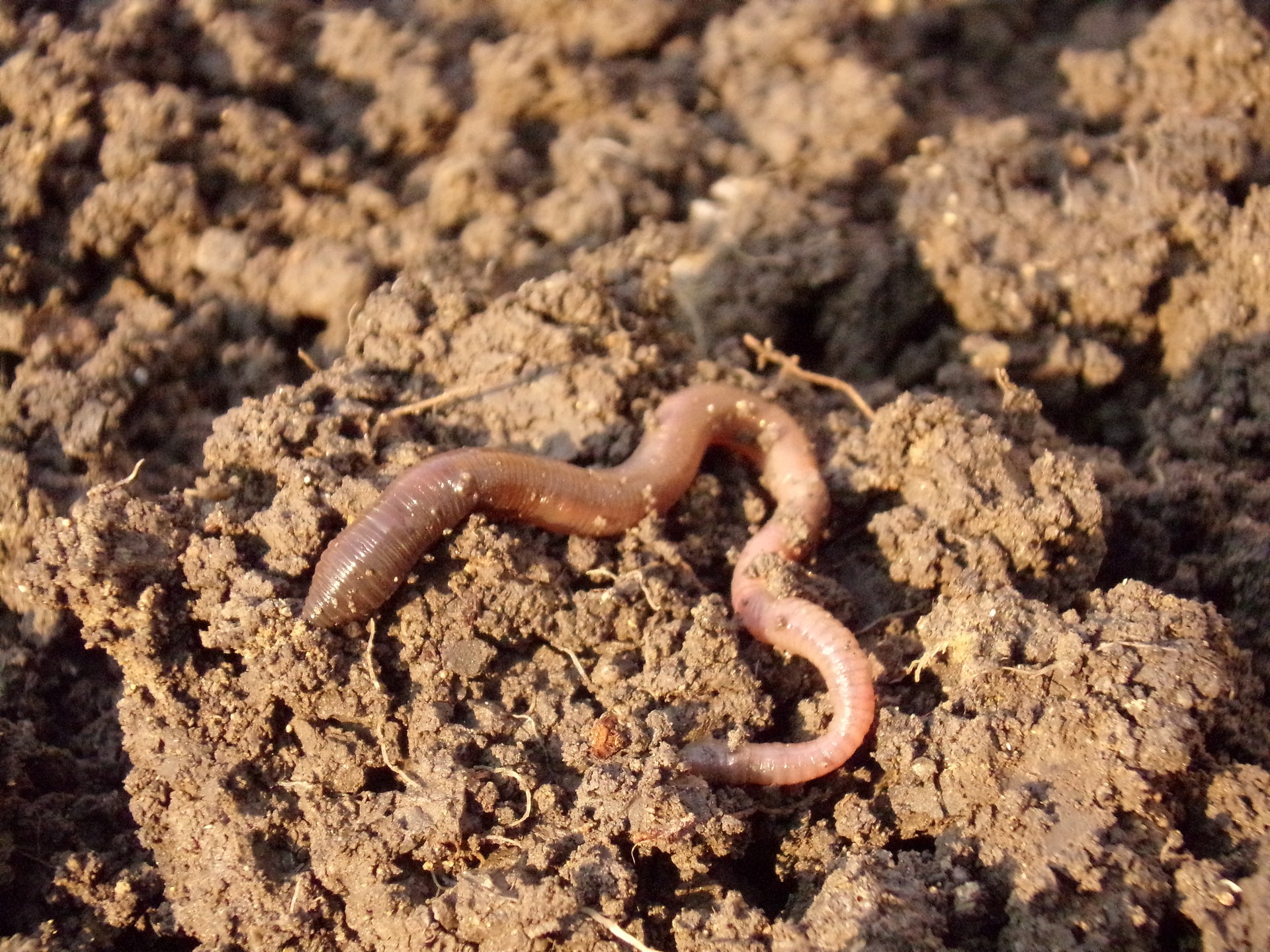
If you work in childcare or education, it’s likely that at some point in your career you’ve grappled with recycling systems and had conversations about ‘saving the environment’.
You may be making connections with nature by cultivating responsibility for a patch of woodland to ensure the next generation will care more about local wildlife than the current one.
I’m an early years practitioner and woodland enthusiast and I confess that there have been times when putting a plastic bottle into an overflowing recycling bin has felt insignificant in the face of the climate emergency. Even being in the woods can be troubling. Critics highlight the way that forest school can become like a production line of nature experiences - cut a wood cookie, experience a fire - commodified for their learning potential.
Anxiety, injustice and rights
Climate anxiety is growing in young people, according to a global survey, and young children are not immune from older children’s worries. They are feelings shared by adults too. These are not abstract fears but result from seeing the lived experience, particularly of people who are and will be disproportionately affected by the impacts of climate change.According to UNICEF, the climate crisis is a children’s rights crisis. Environmental damage puts children’s access to sanitation, education, clean air, and clean water at stake. Young children’s voices are often the least likely to be heard. And if you are disabled, as in every emergency situation, your experience will be worse.
How then do those of us working with young children make sense of everyday environmental challenges alongside keeping in mind the bigger picture of climate crisis and social injustice?
Democracy that includes the non-human
An approach I find helpful is to acknowledge the limits of our power and knowledge as adults and, with and alongside children, to ask questions about what we do and how we feel. We need to think about how social justice aligns with ecological justice.In our best relationships with young children, early years practitioners communicate children’s importance by listening to them and respecting Article 12 of the UNCRC.
Helping young children to explore their ideas contributes to building a democratic early years community.
Listening to children’s views includes improving adult understanding of how children relate and respond to the human and non-human world. How do we and children understand and include each other in our communities? How do children respond to the plants and creatures around them? We need to work with children to extend an evolving human democratic community to include the non-human world around us.
Early childhood researchers whose work is part of the Common Worlds research collectivechallenge us to think differently about our relationships with matter. In one account of practice, rather than hiding plastic bottles - and our dependence on them - in the recycling bin, adults and children played and explored in a room filled with hundreds of bottles. The experience required adults and children to move differently and to think differently about our relationship with plastic.
Shared dependence and vulnerability
Such researchers challenge us to think differently about nature too and to question humans – and adults in particular – as stewards of nature, accepting instead that we are part of nature. For humans to survive we need to learn care with, as well as care for, other creatures.
Worms are a good example (especially in early years settings). They can seem small and vulnerable, but they are powerful in the way they compost and make soil. We humans depend on them. Noticing their strength, our dependence, and our shared existence as part of nature helps us to live alongside them with respect, rather than assuming their need for our protection.
Noticing our fellow humans’ strength and our dependence on them through our love and care is a way I believe we can acknowledge our shared vulnerability rather than our power over each other. The challenge in tackling ecological and social injustice is to extend our sense of vulnerability and shared dependence with the non-human world.
I’m not giving up recycling and I’ll still be off to the woods, but I’m more at ease with acknowledging the limits of these actions as climate change mitigations. What I find more important is to empower the dependence, vulnerabilities, love and care at work within our early years communities and the role we all play in challenging everyday injustice and power imbalances. Part of this is promoting children’s opportunities to question and explore adult assumptions. We all need to live better together but also with insects, birds, plants and even plastic as products of our shared world. We need to live alongside, and not in charge, of life on our planet.
To learn more about identifying the support needs of young children, check out this free OpenLearn Create course Scottish early learning and childcare practitioners' courses



Rate and Review
Rate this article
Review this article
Log into OpenLearn to leave reviews and join in the conversation.
Article reviews